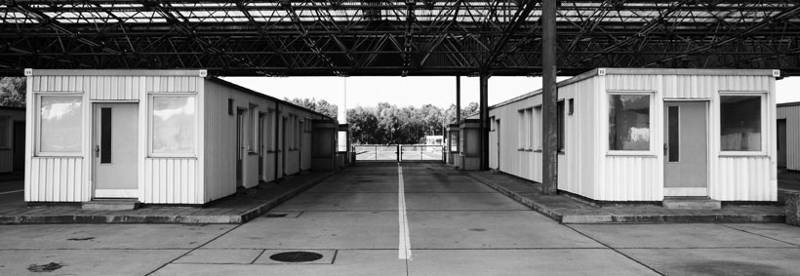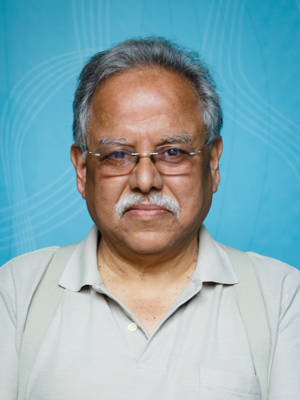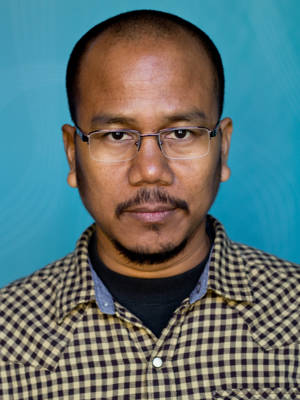Through an investigation and comparison of three empirical cases; Northeast India, Cyprus and the Basque country, this project explores the changing conditions and spaces for exercising and demanding sovereignty in the contemporary world, and how sovereignty is imagined under these conditions.
Drawing on anthropological perspectives, sovereignty is understood as imagined in similar ways as the ‘imagined communities’ that make up the ‘people’ of sovereignty demands. The project highlights how sovereignty is context-dependent and historically constructed, asking the following key questions:
- How do changing practices of governance and new means of contestation affect the claims made by states and their contenders in conflicts over sovereignty?
- How is the evolving global or transnational order reflected in everyday contestations and struggles over sovereignty?
- How do sovereignty practices affect the course of conflict, including negotiations to end conflict?
The project explores how sovereignty is imagined and debated in different socio-cultural and political contexts, examining how conflicts over identity (e.g. indigeneity, ethnicity, nationhood) and governance differ in the ways in which key actors and their constituencies draw on culturally shaped notions of identity, territoriality and legitimacy in their imagining of different ‘sovereign’ futures, despite having basic ideas of statehood and global influences in common. The project thus aims to shed new light on the changing nature of conflicts over public authority, political representation, citizenship rights, and territoriality in a globalizing world.
Partners in this project are the International Catalan Institute for Peace (Institut Català Internacional per la Pau) and Omeo Kumar Das Institute of Social Change and Development (OKDISCD).











